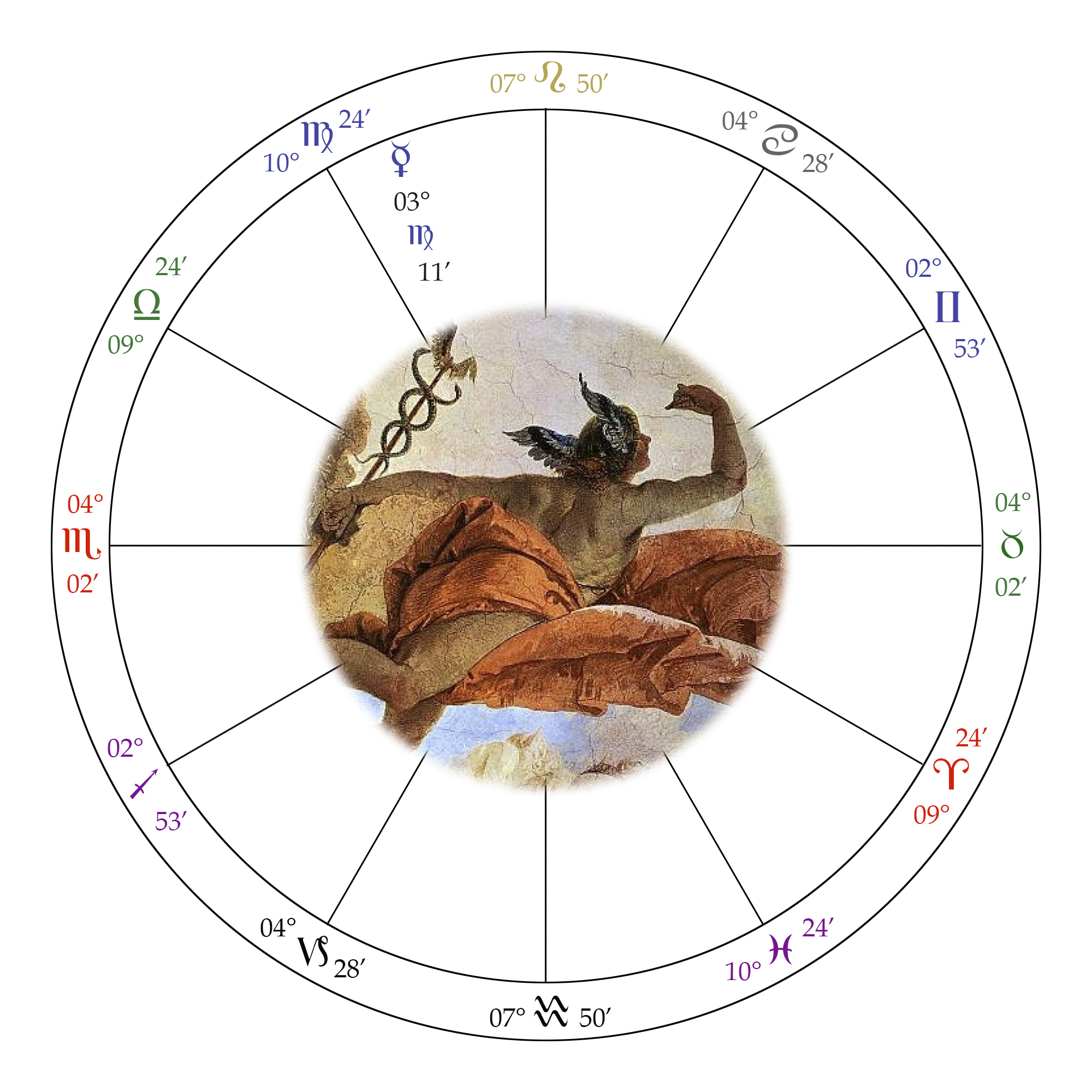Planetary Dignity
When we approach planets as individuals with jobs to complete in any given chart, we have to determine what job it is they're trying to do. After that, the focus shifts to determining how well the planets are performing in the job they have been assigned. There are a few different considerations that go into this analysis, but one of the most significant is essential dignity.
If you're new to the concept of essential dignity, the basic idea is that planets respond differently to being placed in specific signs or degrees of the zodiac. They are either empowered or weakened in certain places and that strength or weakness plays a significant part in how that planet operates in a chart.
Essential dignity is, in most cases, a qualitative measurement of how a planet is doing. Planets in significant dignity are understood as being inherently able to produce something and to produce it well. This reinforces the idea in medieval astrology of regarding the planets as people with jobs to do; a lot of techniques make reference to how well a planet is functioning. With this in mind, zodiac signs are like areas or environments through which planets pass and being within certain areas influences planets one way or the other. Being in dignity is like being in a place that you find agreeable that also allows you to work in your own personal work style. You perform better there and have everything that you need to complete your job to the best of your ability. A planet placed in a sign that it does not function well in - called being placed in a debility - does the opposite.
An important point to note, though, is that dignity is not meant to be thought of as a sliding scale of strength. While a planet in domicile is "stronger" than a planet in triplicity, it's stronger in different ways or with different analogies that have their own implications. In domicile, planets are in their own home and are inherently able to accomplish something due to having access to everything that they need. In triplicity, it's more like a planet is reliant on helpers. The planet isn't necessarily capable of making something happen on its own, but is more aware of capitalizing on opportunities.
In this chart, Mercury rules the eleventh and eighth houses and is placed in 3° Virgo. By referencing a table or wheel we see that Mercury has dignity by domicile, exaltation, and term, which is pretty substantial. This means that Mercury is in a place that is agreeable to its nature and allows it to accomplish eleventh and eighth house things. On the one hand, Mercury produces friends and friendships that are Mercurial in nature; perhaps the friends are somewhat more studious, curious, or that friendships are made and characterized by a shared hobby or skill. The other side of Mercury is that it is similarly capable of producing eighth house things like fear and anxiety and manifesting those things alongside the friendships, goals, and aspirations of the eleventh house.
Essential dignity and debility are am important first step in determining how a planet functions, but they are not the only thing that gets considered. If you don't have any dignified planets or have a lot of debilitated planets there are mitigating factors that can assist planets and help them function more efficiently. Dignity and debility most often manifest as indicators of stability. The more dignified something is the more stable it is while the more essentially debilitated something is the more unstable or erratic it tends to be. If there's an area of life that tends to be more chaotic or in flux than others, then it's likely ruled by a planet in its detriment or fall (or the Moon, but that's a different story).

